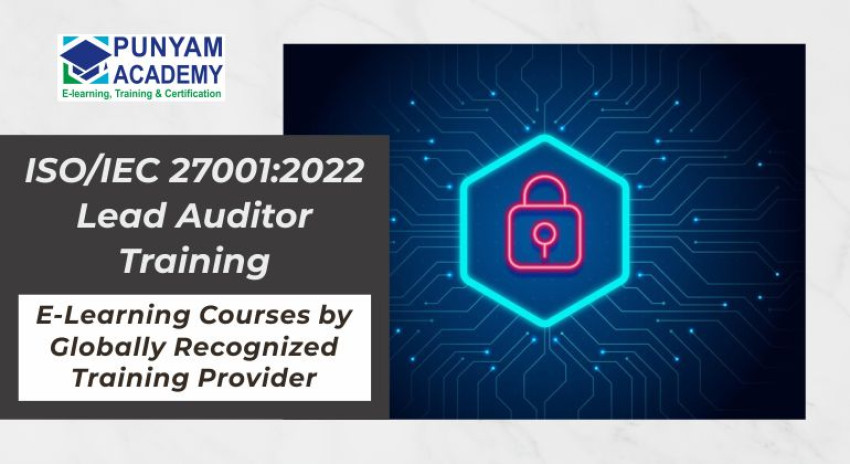
In today's digital age, where information is the lifeblood of organizations, safeguarding its confidentiality, integrity, and availability is paramount. That is in which the ISO/IEC 27001:2022 standard comes into play. It provides a comprehensive framework for establishing, implementing, maintaining, and continually improving an Information Security Management System (ISMS). Achieving ISO 27001 certification demonstrates an organization’s commitment to information security and builds trust with stakeholders.
This article delves into the key requirements of ISO 27001:2022, providing a roadmap for organizations seeking to implement an effective ISMS and achieve certification.
Understanding the Core Requirements:
The standard outlines a set of mandatory requirements that organizations must fulfill to be certified. These requirements can be broadly categorized into:
• Context of the Organization: Understanding the organization's internal and external context, including its information security needs and expectations of stakeholders.
• Leadership and Commitment: Demonstrating top management's commitment to information security by establishing an information security policy and assigning roles and responsibilities.
• Planning and Support: Identifying risks and opportunities related to information security, setting objectives and controls to address them, and allocating necessary resources.
• Support: Ensuring competent personnel, awareness and training programs, effective communication, and documented information management.
• Operation: Implementing controls to address identified risks, covering areas like access control, physical and environmental security, cryptography, and secure operation of information systems.
• Performance Evaluation: Monitoring, measuring, analyzing, and evaluating the performance of the ISMS, including conducting internal audits and management reviews.
• Improvement: Continuously improving the ISMS through corrective actions, preventive actions, and continual improvement initiatives.
The Path to Certification:
Implementing an ISMS and accomplishing ISO 27001 certification entails a devoted effort. groups generally comply with the steps:
• Gap Analysis: Assess the current information security posture against the standard's requirements.
• Policy Development: Develop and implement an information security policy and supporting documentation.
• Risk Assessment: Identify and assess information security risks.
• Control Implementation: Select and implement appropriate controls based on the risk assessment.
• Internal Audits: Conduct regular internal audits to evaluate the effectiveness of the ISMS.
• Management Review: Conduct periodic reviews to assess the overall performance of the ISMS and identify areas for improvement.
• Certification Audit: Undergo an external audit by an accredited certification body to demonstrate compliance with the standard.
Considering the complexity of the standard and the importance of information security, organizations seeking to implement an ISMS and achieve certification can benefit from online ISO 27001 lead auditor training. This training equips individuals with the knowledge and skills to effectively audit, assess, and implement ISMS based on the latest requirements of ISO 27001:2022.
Conclusion:
By understanding and implementing the requirements of ISO 27001:2022, organizations can establish a robust ISMS, enhance information security posture, build trust with stakeholders, and gain a competitive edge in today's data-driven world. Investing in online ISO 27001 lead auditor training can empower individuals to guide and support organizations on their journey toward achieving certification and information security excellence.


